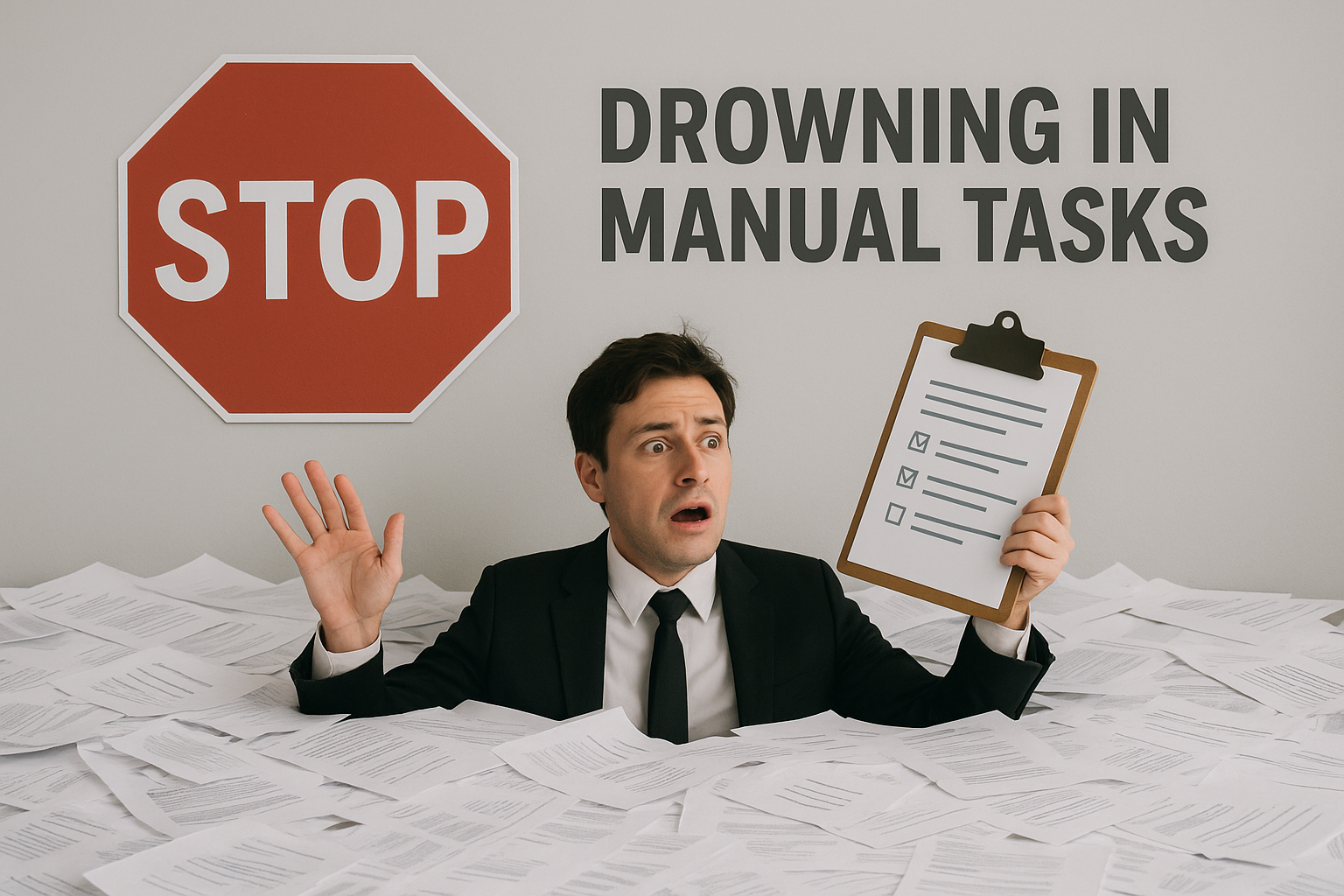Super guarantee rules catch up with venues and gyms

The superannuation guarantee rules are broad and, in some circumstances, extend beyond the definition of common law employees to some directors, contractors, entertainers, sports persons and other workers.
Employers need to pay compulsory superannuation guarantee (SG) to those considered employees under the definition in the SG rules. But, the SG definition of an employee is broad and just how far this definition extends has sparked debate of late about the rights of performers, gym instructors and others not typically considered employees.
For employers and business owners, it is crucially important that if there is any uncertainty about the rights of workers to SG, your position is confirmed. This might be an initial assessment of the position by us, confirmed by an employment lawyer, or clarified by applying for a ATO private ruling covering your specific workplace arrangements. One of the things that employers find most alarming is that there is no tangible time limit on the recovery of outstanding SG obligations. In theory, the ATO can go back as far as it determines necessary to recover unpaid superannuation contributions for workers who are classified as employees for SG purposes. One of the key features of the SG system is to ensure that appropriate contributions are being made for employees and deemed employees, to adequately support them in their retirement. The SG laws, and complimentary director penalty regime, ensure that every cent owing to an employee for SG is paid.
Who is not paid super guarantee?
Super guarantee does not need to be paid to:
• Under 18s who do not work more than 30 hours a week.
• Private and domestic workers who do not work more than 30 hours a week.
• Non-resident employees who perform work outside of Australia.
• Employees temporarily working in Australia covered by an agreement.
• Some foreign executives who hold certain visas or entry permits.
Generally, SG is not payable if you have entered into a contract with a company, trust or partnership.
If you have Australian employees temporarily working outside of Australia in a country with a bilateral social security agreement, for example, the United States, you should continue paying SG and apply for a certificate of coverage to avoid paying super (or the equivalent) in the country where the employee is temporarily located.
SG’s broader definition of an employee
There is a section of the SG rules, section 12, that specifies who is deemed to be an employee for SG purposes. This section extends the definition of an employee beyond common law to cover:
• Company directors who are remunerated for performing duties;
• Contractors working under a contract wholly or principally for their labour;
• Certain state and Commonwealth government contracted workers; and
• Those paid to perform or present any music, play, dance, entertainment, sport or other similar promotional activity. This includes people who provide services in connection with these activities or people paid in relation to film, tape, disc or television.
Are contractors entitled to SG?
If your contractor holds an Australian Business Number (ABN), this of itself will not prevent SG from applying. Where the arrangement looks like it is a contract for the provision of an individual’s labour and skills, it is likely they will meet the definition of an employee and SG will be payable.
The SG rules state if, “a person works under a contract that is wholly or principally for the labour of the person, the person is an employee of the other party to the contract.”
This definition is alarming to many employers as the rate paid to contractors, and often the terms of the agreement, factor in an uplift for super guarantee and other entitlements that would normally be paid if the person was an employee. But for SG purposes, it does not matter what the contract says, if the person is deemed to be an employee under the rules, they are entitled to SG and the employer is obligated to pay it.
The Australian Taxation Office (ATO) states that SG needs to be paid to contractors if you pay them:
• under a verbal or written contract that is mainly for their labour (more than half the dollar value of the contract is for their labour)
• for their personal labour and skills (payment isn't dependent on achieving a specified result)
• to perform the contract work (work cannot be delegated to someone else).
In a recent ruling, the ATO says that where the worker is required to use a substantial capital asset (such as a truck) this will help in arguing that the contract is not mainly for the labour of the worker, but this will always depend on the facts.
Are directors paid SG?
Yes. Directors (members of executive bodies of bodies corporate) should be paid SG if they are remunerated for performing duties for the company.
Entertainers, performers and sportspeople
Generally, if a performer operates through a company, trust, or partnership then there is not an employment relationship and SG is not payable.
However, individual artists, performers and sportspeople are captured as employees under the SG rules (section 12(8)) where they are paid to:
• perform or present, or to participate in the performance or presentation of, any music, play, dance, entertainment, sport, display or promotional activity or any similar activity involving the exercise of intellectual, artistic, musical, physical or other personal skills;
• provide services in connection with an activity referred to above;
• perform services in, or in connection with, the making of any film, tape or disc or of any television or radio broadcast.
Whoever is paying the individual for their labour, is generally responsible for the payment of that individual’s SG. For example, a music festival operator that contracts a sole trader to perform at a festival might be liable for SG for that performer. Likewise, if the sole trader contracts band members to perform with them at the festival, then the sole trader is responsible for the SG of the band members. If however, the music festival worked with an agency to supply the performers (the music festival pays the agency, the agency pays the performers), then the agency is likely to be responsible for the SG of the artists if there is a liability. If the agency only charges a booking fee and the festival pays the performers directly, then the festival is likely to be responsible for the performer’s SG.
You can see from this how important it is to determine who meets the definition of an employee for SG purposes, and if so, to understand the parties to the deemed employment relationship.
What’s a service “in connection to”
The definition of an employee for SG purposes captures workers who work with performers, for example individuals that are producers, videographers, editors, etc. If the person meets the definition of an employee under the SG rules, then it is likely SG is payable.
Is a gym instructor a sportsperson?
A gym instructor may be captured under the definition of a deemed employee under the SG rules. Whether the gym is liable to pay the instructor SG really depends on the facts of the individual arrangement.
Let’s look at the example of a gym instructor operating as a sole trader under an ABN.
• There is a contract between the instructor and the gym stating that the instructor is an independent contractor and is responsible for their own SG payments and other employment obligations.
• The instructor is paid per class, and per training session with clients, covering their time and labour.
• The instructor utilises the equipment of the gym and its scheduling system.
• The instructor wears the uniform of the gym.
• The instructor is trained by the gym in how to deliver the services of the gym.
Employee? Most likely because the ATO places a heavy significance on whether an individual is working to build their own business or someone else’s. If the instructor “..works under a contract that is wholly or principally for the labour of the person” then this also brings them into the SG net.
If the employer, the gym, had not been paying SG, is it exposed to SG payments for the instructor since the employment relationship began.
Concerned about your workplace SG liability? Please contact us for an initial review.
Need Help with your Business, Bookkeeping, Tax or SMSF requirements?
If you would like a little help, please get in touch with us for assistance. We can help with your business, bookkeeping, tax and SMSF requirements.
Please also note that many of the comments in this publication are general in nature and anyone intending to apply the information to practical circumstances should seek professional advice to independently verify their interpretation and the information’s applicability to their particular circumstances. Should you have any further questions, please get in touch with us for assistance with your SMSF, business, bookkeeping and tax requirements. All rights reserved. Brought to you by RGA Business and Tax Accountants. Liability Limited by a scheme approved under Professional Standards Legislation.









